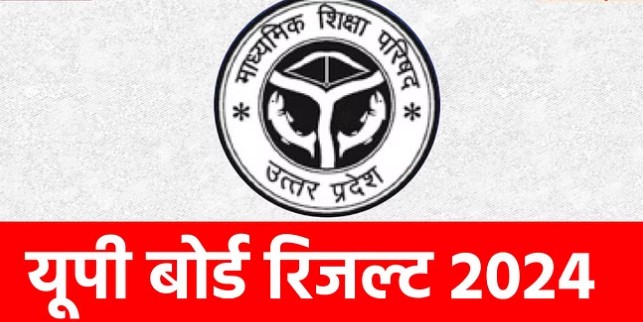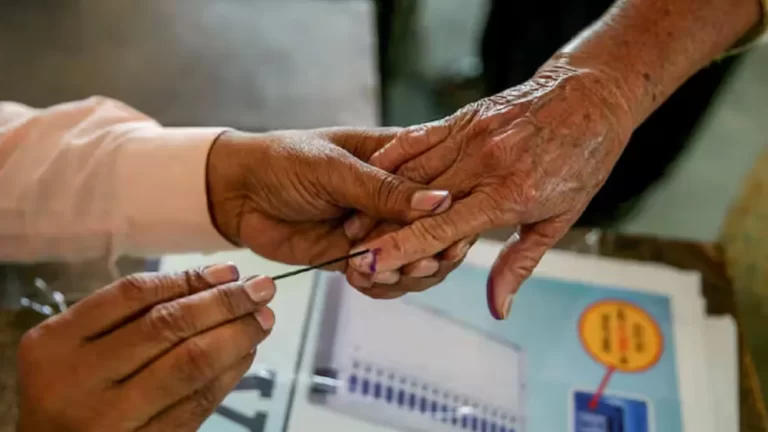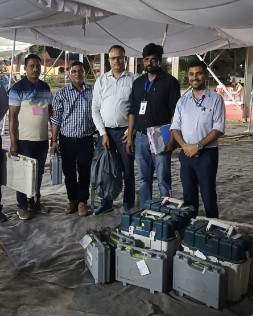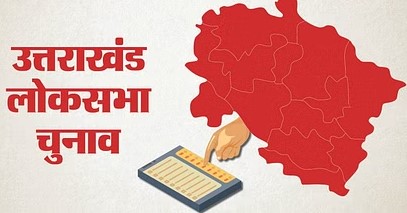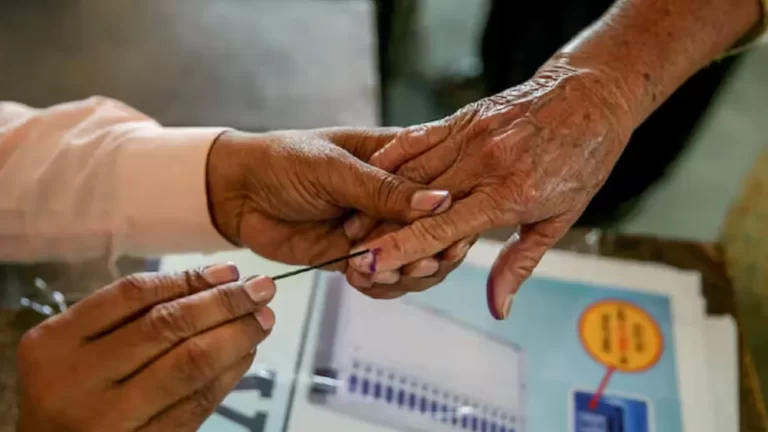The government’s efforts to improve food management with the help of minimum support price of crops and import of essential commodities like pulses and oil will decrease
New Delhi. The government is moving forward with the strategy of solid food management with the help of the Minimum Support Price (MSP) of crops. Emphasis is being laid on cultivating import-dependent crops away from the traditional crop rotation. In the MSP announced for the crops of the current Kharif season, a special incentive has been given to pulses and oilseed crops. It is believed that this will reduce the import of essential commodities like pulses and oil.
Explain that about one lakh crore rupees of foreign exchange are spent on the import of oil and pulses. For the past several seasons, pulses and edible oil crops have started getting special attention in the announcement of support prices. In the support price announced on June 8, these crops have been increased from Rs 300 to Rs 523 per quintal. According to agricultural scientists, farmers will get double benefits from the cultivation of pulses and oilseed crops. While the cost of these crops is very limited, better and remunerative prices are obtained for the produce. These crops require very little fertilizer and irrigation.
Not only this, the chances of the government’s plan of crop diversification being fruitful may increase. During the last crop year 2021-22, a total of 27.70 million tonnes of pulses have been produced in the country, which is equal to the domestic requirement. However, there is a slight deficiency in some crops, which are tur, urad, and moong. All these crops are of Kharif season. The government has announced a substantial increase in their support prices. In the open market, their prices are being quoted higher than the MSP. A total of 75 million tonnes of food grains are needed for the rationing system in the country. Whereas in government godowns, there is a stock of more food grains than this.
Due to these surplus grains, there is a huge increase in the food subsidy of the government. The export of government stock wheat is also not allowed by the WTO. In such a situation, it becomes the compulsion of the government to sell this wheat at a price below the cost in the domestic market. Due to this, the prices in the open market go very low which proves to be harmful to the farmers and agriculture.



